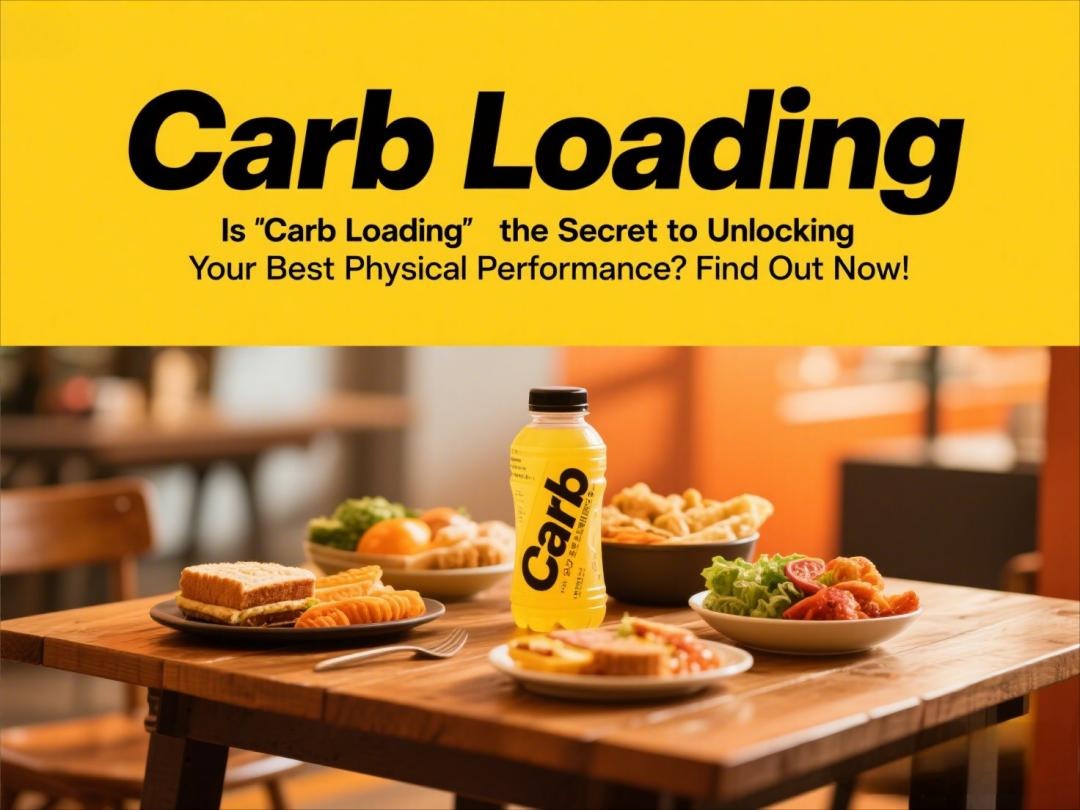To build muscle mass effectively, you need to eat in a calorie surplus—meaning you consume more calories than your body burns. But it’s not just about eating more; it’s about eating smarter. Aim for a daily intake that’s 250–500 calories above your maintenance level, paired with a solid workout routine. This sweet spot ensures you’re fueling muscle growth without packing on unnecessary fat.

Before diving into meal plans, you need to figure out your maintenance calories—the number of calories your body needs to maintain its current weight. Online calculators can give you a rough estimate, but they’re not perfect. A more accurate approach is tracking your daily intake and weight for a couple of weeks. If your weight stays steady, you’ve found your maintenance level. From there, add 250–500 calories to create a surplus. This range is ideal because it’s enough to support muscle growth without tipping the scale into fat gain territory.
Calories are important, but where they come from matters even more. Protein, carbs, and fats are the three macronutrients your body needs to build muscle. Protein is the MVP here—it’s essential for repairing and growing muscle tissue. Aim for 0.8–1 gram of protein per pound of body weight daily. Carbs are your body’s primary energy source, especially during intense workouts. They also help replenish glycogen stores, which keeps your energy levels steady. Fats, often overlooked, play a crucial role in hormone production, including testosterone, which is key for muscle growth. A balanced ratio might look like 40% carbs, 30% protein, and 30% fats, but this can vary based on your body and goals.
When you eat is almost as important as what you eat. Spreading your meals throughout the day ensures a steady supply of nutrients to your muscles. Start with a protein-rich breakfast to kickstart muscle repair after your overnight fast. Pre-workout meals should focus on carbs and protein to fuel your session, while post-workout meals are critical for recovery. A mix of fast-digesting protein (like whey) and carbs (like fruit or rice) within 30 minutes of finishing your workout can maximize muscle repair and growth. Don’t forget about late-night snacks—casein protein or a slow-digesting meal before bed can keep your muscles fed overnight.
Not all calories are created equal. While it’s tempting to hit your calorie goal with junk food, your body will thank you for choosing nutrient-dense options. Lean proteins like chicken, turkey, fish, and plant-based sources (tofu, lentils) are excellent for muscle repair. Complex carbs like oats, quinoa, sweet potatoes, and brown rice provide sustained energy. Healthy fats from avocados, nuts, seeds, and olive oil support overall health and hormone balance. Don’t forget your veggies—they’re packed with vitamins and minerals that keep your body functioning at its best.
Water might not have calories, but it’s essential for muscle function and recovery. Dehydration can lead to fatigue, reduced performance, and slower recovery times. Aim for at least half your body weight in ounces of water daily, and more if you’re sweating heavily during workouts. Electrolytes, found in sports drinks or natural sources like coconut water, can also help maintain balance during intense training sessions.
Your body is unique, and what works for someone else might not work for you. Pay attention to how you feel and perform. If you’re gaining weight too quickly, dial back the calories slightly. If you’re not seeing progress, consider increasing your intake or tweaking your macronutrient ratios. Regular check-ins with your weight, strength levels, and overall energy can help you fine-tune your approach.
Building muscle is a marathon, not a sprint. It takes consistent effort in the gym and the kitchen. By eating in a calorie surplus, prioritizing macronutrients, and choosing quality foods, you’ll set yourself up for success. Remember, it’s not just about eating more—it’s about eating right. Stay patient, stay consistent, and the gains will come.
























